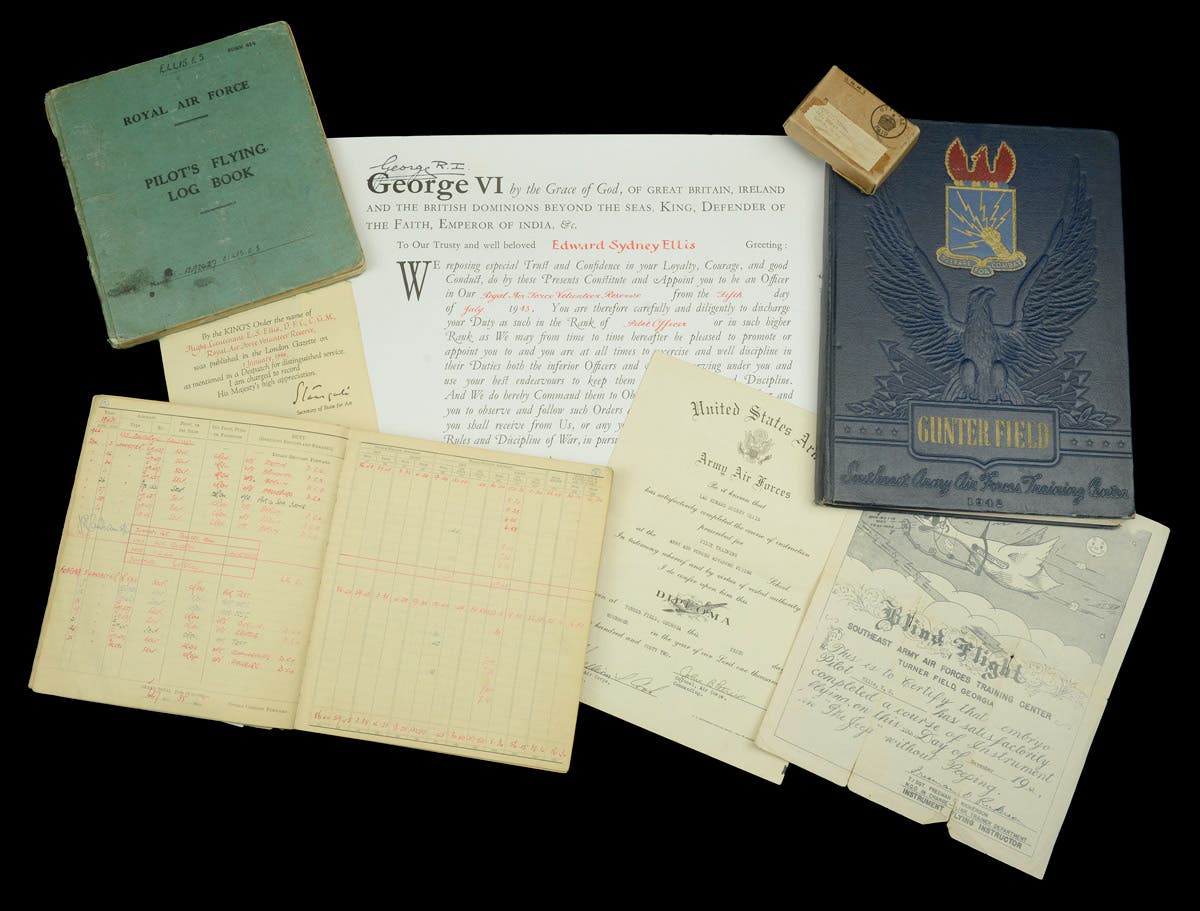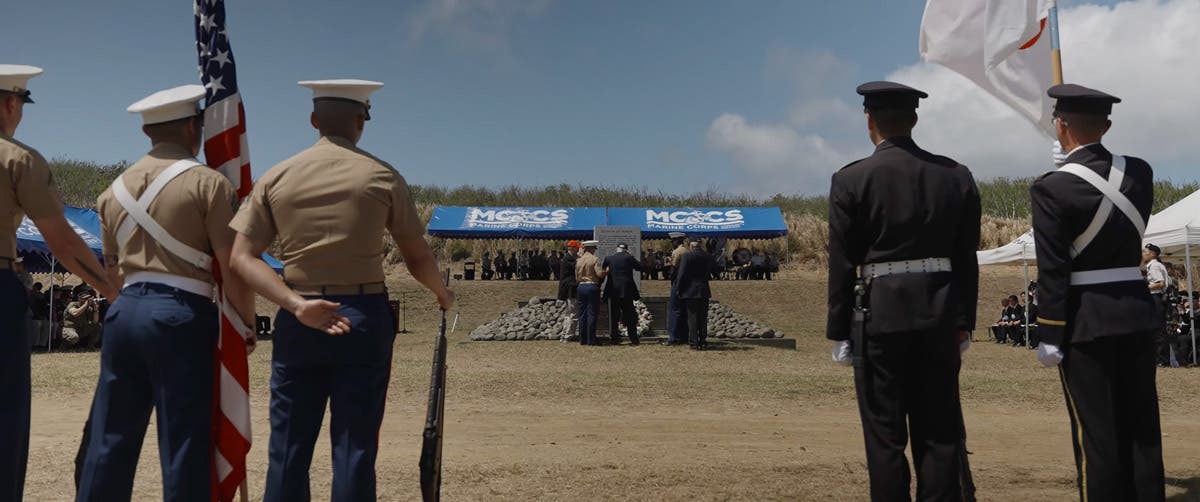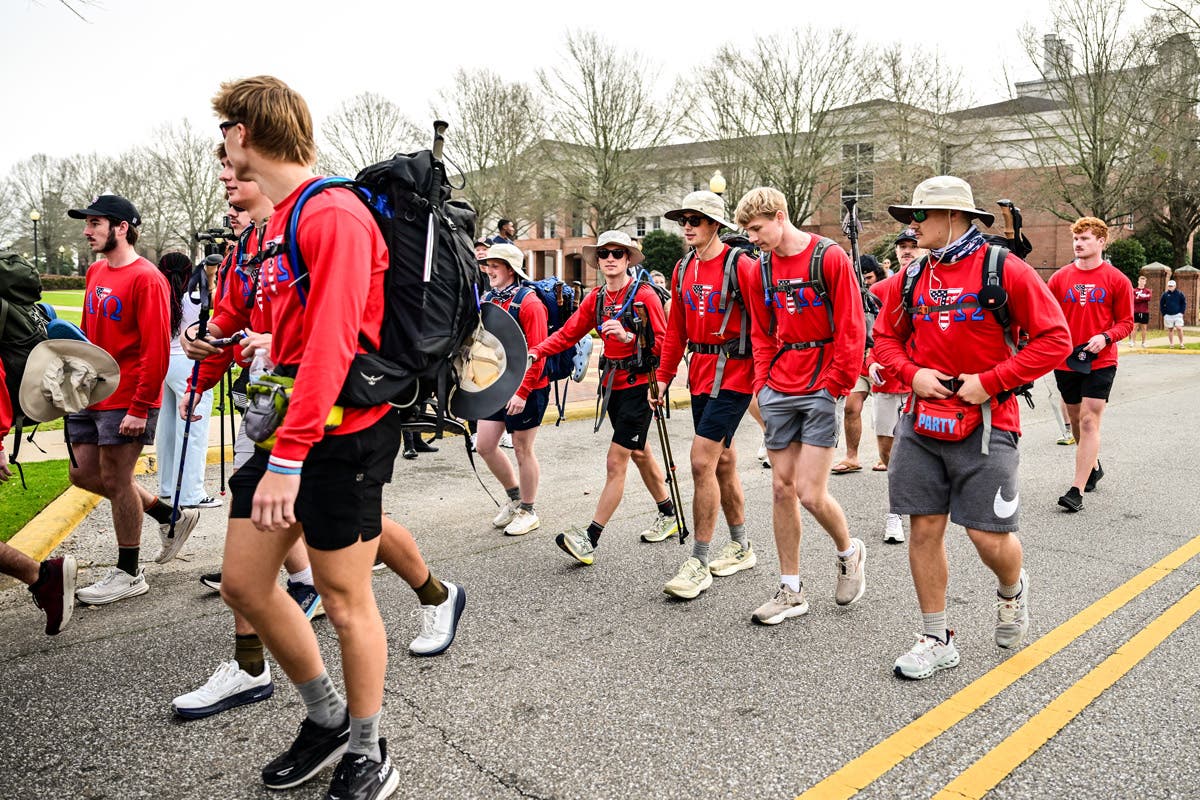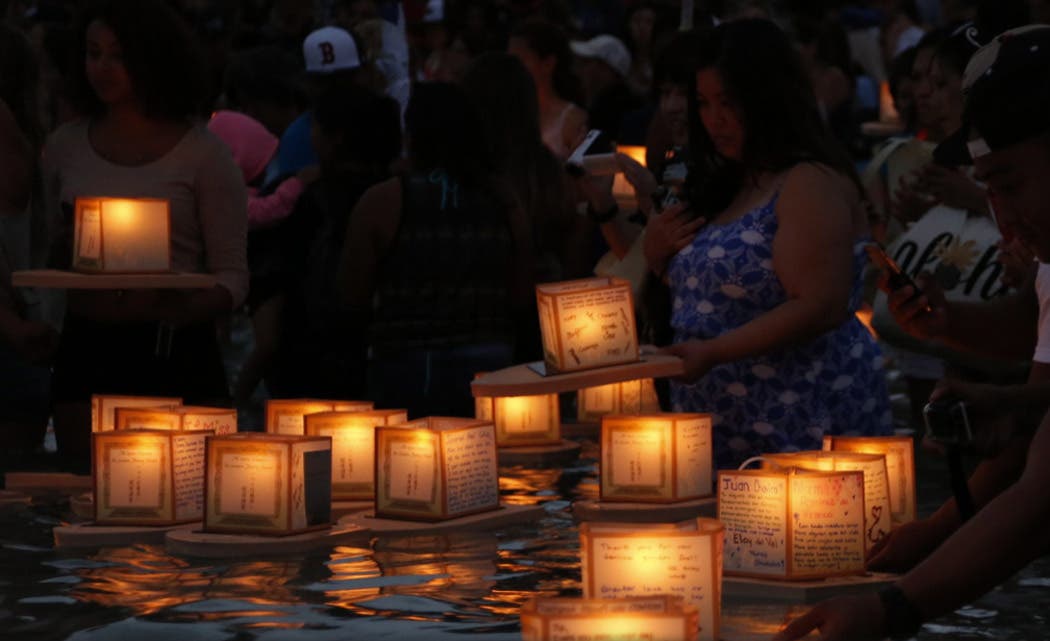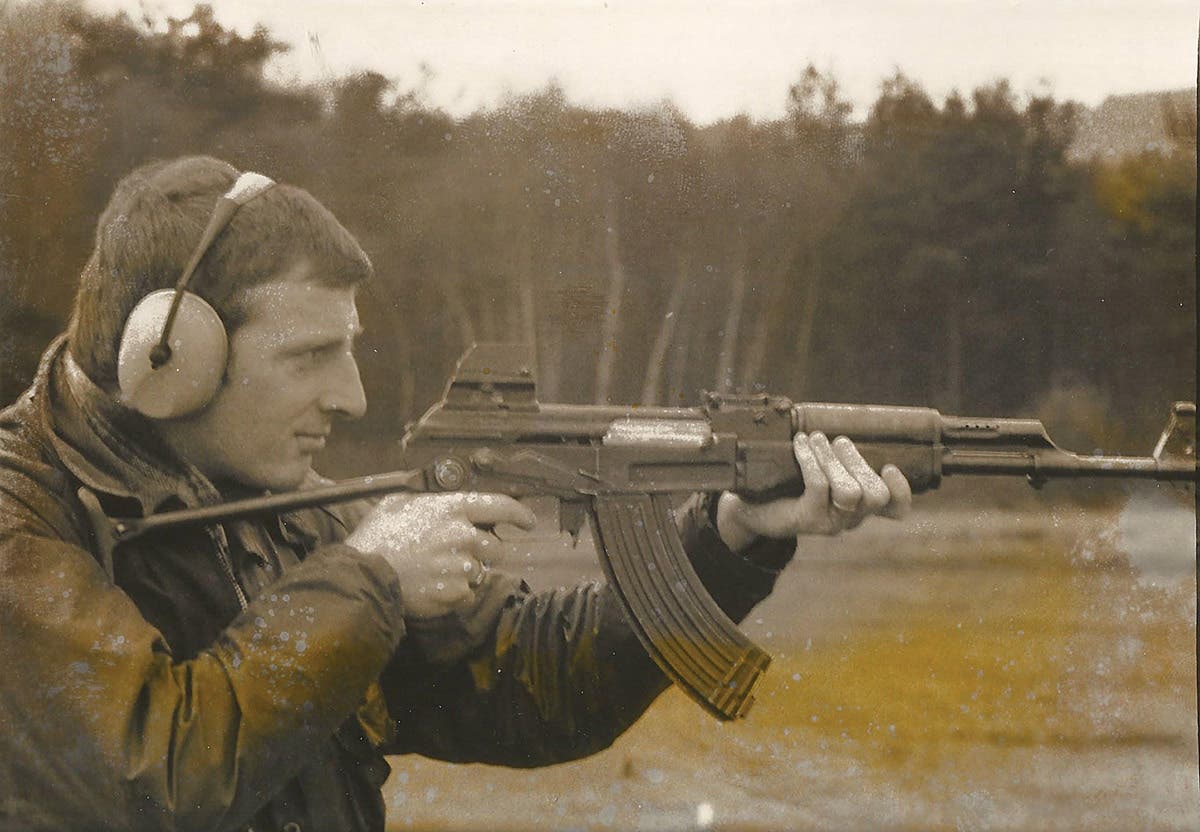Militaria Mindset: Meet Craig Luther
Militaria collection began at age 10
By Andrew L. Turner
During Operation Desert Storm, militaria collector and dealer Craig Luther was in his element. “Actually taking military war relics off the battlefield – myself – during the first Gulf War was a highlight,” he said. “In my opinion, it doesn’t get much better for a military collector.”
Luther served as a military historian for the 132nd Military History Detachment attached to U.S. VII Corps during Desert Shield/Storm. “I mailed home about 50 boxes of stuff, filled the back of our truck, and sent several pallets on board a ship,” he said. “Of course, it wasn’t all mine, but I consider it a significant accomplishment acquiring so many items in a relatively short amount of time.”
Luther began collecting militaria at the age of ten. “I was a paperboy delivering The Capital Times and Wisconsin State Journal, ” he said. “A lot of my customers were WWII Vets and many were beginning to retire,” Luther said. “They had lived in these houses since the war and quite a bit of militaria was available at the time – U.S., German, and Japanese.”
WWI items were frequent as well. “I recall one of my customers had a relative in the First World War and they were selling a WWI 32nd division uniform that was pretty badly damaged on the back, but all of the insignia was there,” said Luther. “That was my first uniform. Now, and many years and many pounds of moth balls later, here I am.”
Luther said he was always a collector of something. “Comic books, coins, baseball cards, and stamps were some of the things,” he said. But his interest changed with time. “Once I was overtaken by the o.d. green bug I never lost interest – in fact, I gained interest over time. Who would have thought when I was ten that this would be my full-time job today?”
While Luther is well versed in WWII U.S., Japanese, and German military collectibles, he looks towards his period of military service for his main interest. “One of my specialties is Iraqi and coalition items from Desert Shield and Desert Storm,” he said. “I hope to do a book in the near future on Iraqi uniforms, headgear, field equipment, medals, ranks, etc.”
He advises others to begin the pursuit of these items. “My advice for new collectors is to collect what interests you no matter what the cost, but also watch the market and see if you can find something interesting that is priced reasonable now and at least has the potential to be worth more in the future,” he said. “I think Iraqi stuff is a perfect example.”
Luther said youth is important to the existence of the hobby. “My advice for older collectors is: do what you can to get younger people more interested in the hobby,” he said. “I go to military shows across the country and seem to be the youngest, or certainly one of the youngest, full-time dealers there—that is kind of scary.” Luther believes it’s not only crucial to keep the hobby going, but also in the area of militaria as an investment. “We need to get younger people involved not only to share our knowledge and skills, but in order for our relics to keep and increase in value. There must be someone willing to buy them when we, or our family members, are ready.”
While Luther is a lifelong collector, it wasn’t until about four years ago when he made the transition to “full-time” militaria dealer. A former junior high school teacher, Luther found himself doing what came naturally. “I couldn’t find another teaching position and thought: ‘Why not? I’m doing it part time anyway’,” he said. “I figured I didn’t have anything to lose; I founded “Military Connection” and have been doing it full time ever since.” He said he still keeps his teaching license up to date, but doesn’t think he could go back to teaching full time. “I miss the kids, and other certain things, but I really am concerned and upset about the current state of education,” said Luther. “But that would be the subject of another article – if not a book – so if anyone ever wants to talk with me about this, just let me know...”
He now sets up as a vendor at a show at least once a month, often two, and said his favorite shows to attend are: The Show of Shows (February 27-29, 2011 in Louisville, Ky., at the Kentucky Expo Center); the Minneapolis-St. Paul Military and Relic and Weapon Collector Show (October 2-3, 2010 in St. Paul on the Minnesota State Fairgrounds); the Greater Des Moines Military Collector Show (September 11-12 at the Iowa State Fairgrounds), and the Ohio Valley Military Show in Wilimington, Ohio (November 5-6 at the Roberts Centre). “These shows are the best, in my opinion, but of course I haven’t been to them all,” said Luther. He said he’d like to attend the West Coast Militaria Collector Show at some point in the near future.
Attending a multitude of military collecting events, Luther notices trends. “I am seeing a much larger interest in American stuff than when I first started – especially U.S. medal groupings,” he said. “I remember going to military shows and buying all the WWII U.S. dress uniforms I could find, with insignia, for $5 each.” He said dealers chuckled and thought: Who is this stupid kid buying WWII dress uniforms? “They didn’t think they were valuable. Everyone was into German and Japanese items at the time,” said Luther. “They still are, but American stuff has a following of its own, rightfully now, and I think someday Iraqi and coalition military collectibles from DS and OIF both will come into their own as an area of collecting interest.”
Luther iterated the need for youth in collecting militaria. “I see the future of our hobby as the young people, we must get them into it,” he said. “I usually have free bags of military stuff for kids of all ages—if you see me at a show, stop by with your kids or grandkids and pick one up. We can talk war relics while they go through the bag!”
While Luther said he has a lot of fun on the road meeting new people, buying, selling and being surrounded by militaria, it can be rough. Setting up, tearing down, loading, unloading, driving long hours, spending days away from the wife and kids, and all of the other “glamorous” fringe benefits can take a toll, taking more than shows to keep the money rolling in.
“I sell items on eBay, sell over the phone and through the mail, and use several auction houses,” he said. “I think the combination of these things is key to making it work as a full-time business; I even do consulting and appraisals when I can.” He encourages dealers to diversify: “that is what you need to do to pay bills these days, especially with the economy of today and the future.”
Networking is also a crucial component. In addition to finding items on eBay, auctions, garage sales, and estate sales, Luther said other dealers, collectors, pickers, and other contacts made over the years is paramount. “I never know where the next neat batch of stuff is going to come from,” he said. “I cannot emphasize enough the role of networking in this business. It takes an outgoing person, and a lot of time, but it can be done and it can be the reason you succeed or why you fail.’
He said his higher end stuff still sells, but at the end of the day it’s the run of the mill that’s paying the bills. “For me it’s been the $10-$25 items selling at shows making ends meet for me and my family,” he said. “I think it takes a mix to make it work, but you have to be comfortable with what you have, the price you are selling, and how it sells ... if you treat people right it will come back to you and the opposite is true as well.”
Craig Luther’s Military Connection mainly serves the states of Wisconsin, Illinois, Minnesota, Iowa, Ohio, and Kentucky, but he deals all over the world through telephone, email and regular mail. He can be reached by phone at 414.750.6589 or email: militaryconnection@wi.rr.com. His mailing address is: Craig Luther, PO Box 63, Oak Creek, WI 53154-0063.
YOU MAY ALSO BE INTERESTED IN:
*Military Vehicles Magazine
*Standard Catalog of U.S. Military Vehicles, 1942-2003
MORE RESOURCES FOR COLLECTORS
*Great Books, CDs & More
*Sign up for your FREE email newsletter
*Share your opinions in the Military Forum

